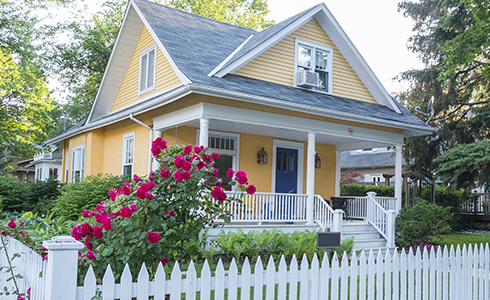Choose Your State of Service
In order to serve you better, please select your Dominion Energy location services.
In order to serve you better, please select your Dominion Energy location services.
In order to serve you better, please select your Dominion Energy location services.
Make Every Room in the House More Efficient
Save energy throughout your entire house by following a few simple tips. From the living room to the home office and beyond, there are savings to be had all over your home.
 Set your thermostat to 68 degrees or lower in the winter and 78 degrees or higher in the summer. Set it even higher (80-83 degrees in summer) or lower (62-65 degrees in winter) when you'll be away from home for an extended period.
Set your thermostat to 68 degrees or lower in the winter and 78 degrees or higher in the summer. Set it even higher (80-83 degrees in summer) or lower (62-65 degrees in winter) when you'll be away from home for an extended period.Copyright © 2024 Dominion Energy





